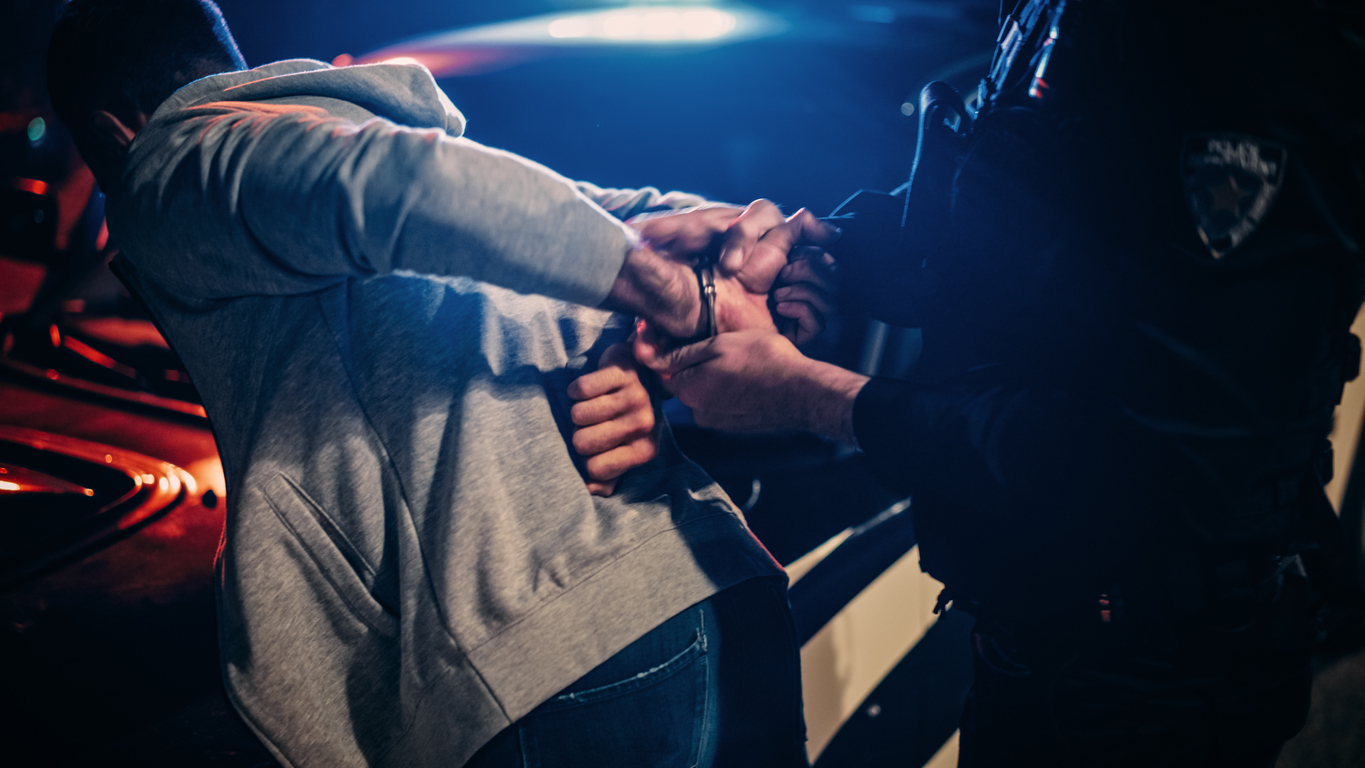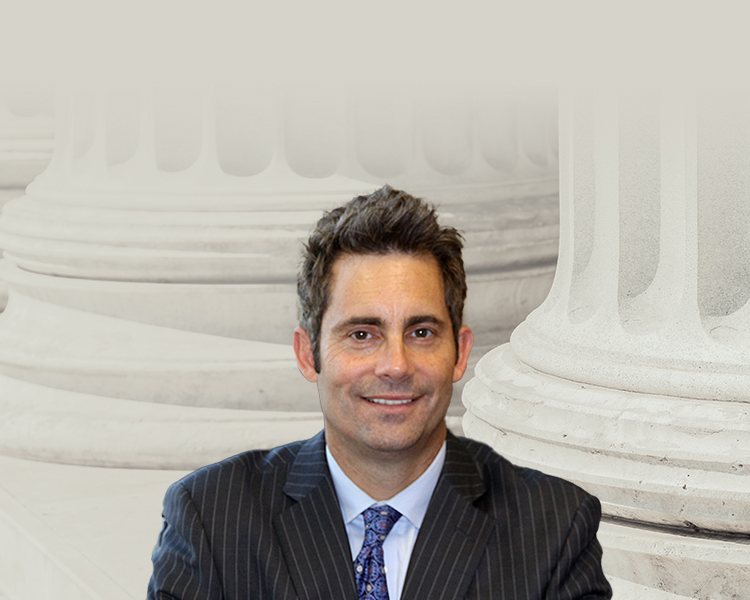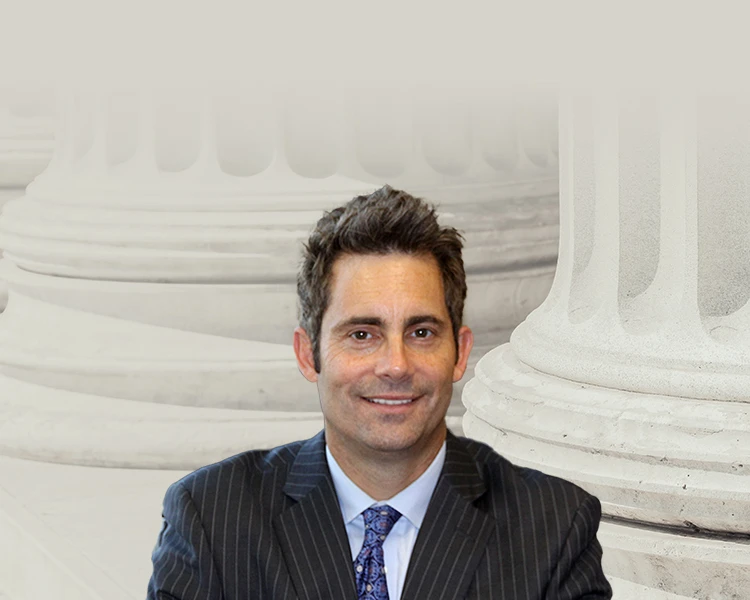- Free Consultation: (714) 547-4636 Tap Here to Call Us
Miranda Rights Explained: What You Need to Know During an Arrest


All Americans should be familiar with their Miranda Rights in case they should ever find themselves under arrest. These rights protect you from self-incrimination and ensure that you have a fair trial. However, Miranda Rights can be confusing as the police are often doing what seems like the opposite of what they are telling you. For example, they will tell you that you have the right to remain silent but ask you questions. They will tell you that you have the right to an attorney but won’t offer to call your attorney. How do you invoke your right to remain silent or your right to have an attorney present during questioning? If you feel your Miranda rights were violated during or after being arrested, don’t hesitate to reach out to an Orange County criminal defense lawyer at the Law Office of William Bruzzo.
What Exactly Are Miranda Rights?
Miranda rights are things you are legally entitled to upon being arrested. These rights must be read to you by law enforcement in the United States. The protections afforded under Miranda protect the Fifth and Sixth Amendment rights of criminal suspects. Miranda rights were established after the Miranda v. Arizona Supreme Court case in 1966. The components of the Miranda Warning include the right to remain silent, the warning that anything you say can be used against you, the suspect, in court, the right to have an attorney present, and the right to have an attorney appointed if you cannot afford one.
While most people do have a loose understanding of these rights in general, far too many people do not take advantage of these protections because they feel pressured and intimidated by police. As an Orange County criminal defense lawyer, the Law Office of William Bruzzo advises you to just simply answer any police questions with, “I want my lawyer please.” The police will tell you lawyers complicate things, offer you a soda, say, “Come on, we can just work this out,” and so on. Continue to calmly repeat, “I want my lawyer please…I want my lawyer please.”
When Should Miranda Rights Be Read?
Miranda rights must be read before custodial police interrogation. On TV, you often see suspects being mirandized while being cuffed or placed into the squad car. However, if the police don’t do it at the time of arrest, it can still be lawful. In other words, if you are in police custody (handcuffed, in their car, at the station) and are being questioned, law enforcement must inform you of your Miranda rights. It’s not uncommon for police to ask you questions before being mirandized, so know your rights! Furthermore, a Miranda Warning is not required in certain situations, such as when voluntary statements are given outside of interrogation or when public safety is at risk. It’s good to be aware of these exceptions to avoid any confusion if you should ever find yourself in one of these situations.
Your Right to Remain Silent
One of the most important aspects of Miranda rights is the right to remain silent. This means that you have the right to refuse to answer any questions posed by law enforcement. It is crucial to exercise this right, as anything you say, no matter how seemingly insignificant, can and, most likely, will be used against you in court. By remaining silent, you protect yourself from inadvertently incriminating yourself. Regardless of what police say or imply, you are not obligated to answer any questions. If your lawyer is already on the way to you, you can simply tell police, “I wish to remain silent,” or “I am exercising my right to remain silent.”
The Right to an Attorney
Another fundamental component of Miranda rights is that you are entitled to have an attorney present while the police are questioning you. If you cannot afford an attorney, the police can arrange for a public defender to come and advocate for you and advise you. This right ensures that you have legal representation and authoritative guidance during the interrogation process. Having an attorney present ensures your rights are respected and that you do not accidentally say something that could harm your case. If you are being questioned by law enforcement, do not be shy about invoking your right to an attorney. Wait until your attorney is present before answering any questions. Know that everything you say and do whether you are in the police car, outside with a cop, or in the interrogation room is no doubt being recorded.
Waiving and Invoking Miranda Rights
Suspects can waive or invoke their Miranda rights explicitly. If you choose to waive your rights, it means that you agree to speak to the police without an attorney present. As an Orange County criminal defense lawyer, we do not recommend this. Yes, you have the right to do so, but this can quickly backfire and blow up in your face. Waiving your rights without fully understanding the implications often leads to self-incrimination and/or the unintentional divulgence of evidence that can put you in jail.
On the other hand, invoking your rights means that you choose to remain silent until you have an attorney present. Again, all you have to say is, “I’m invoking my Miranda Rights.” If you have already started answering some of the police’s questions, you can stop any time and invoke your Miranda Rights. You do not need to provide a reason. The district attorney may use this against you in court asking why you invoked your Miranda Rights when asked about the murder weapon or your alibi…but not before. Again, the best thing is always to be quiet until you speak to your lawyer.
Your Trusted Orange County Criminal Defense Lawyer
If you were arrested in Orange County and your Miranda Rights were not read to you or were violated, contact a trustworthy, passionate, hardworking Orange County criminal defense lawyer like the Law Office of William Bruzzo. Our team has a thorough understanding of Miranda rights and arrest procedures. Let’s discuss your legal options. To schedule a free case review, reach out to our office now.










